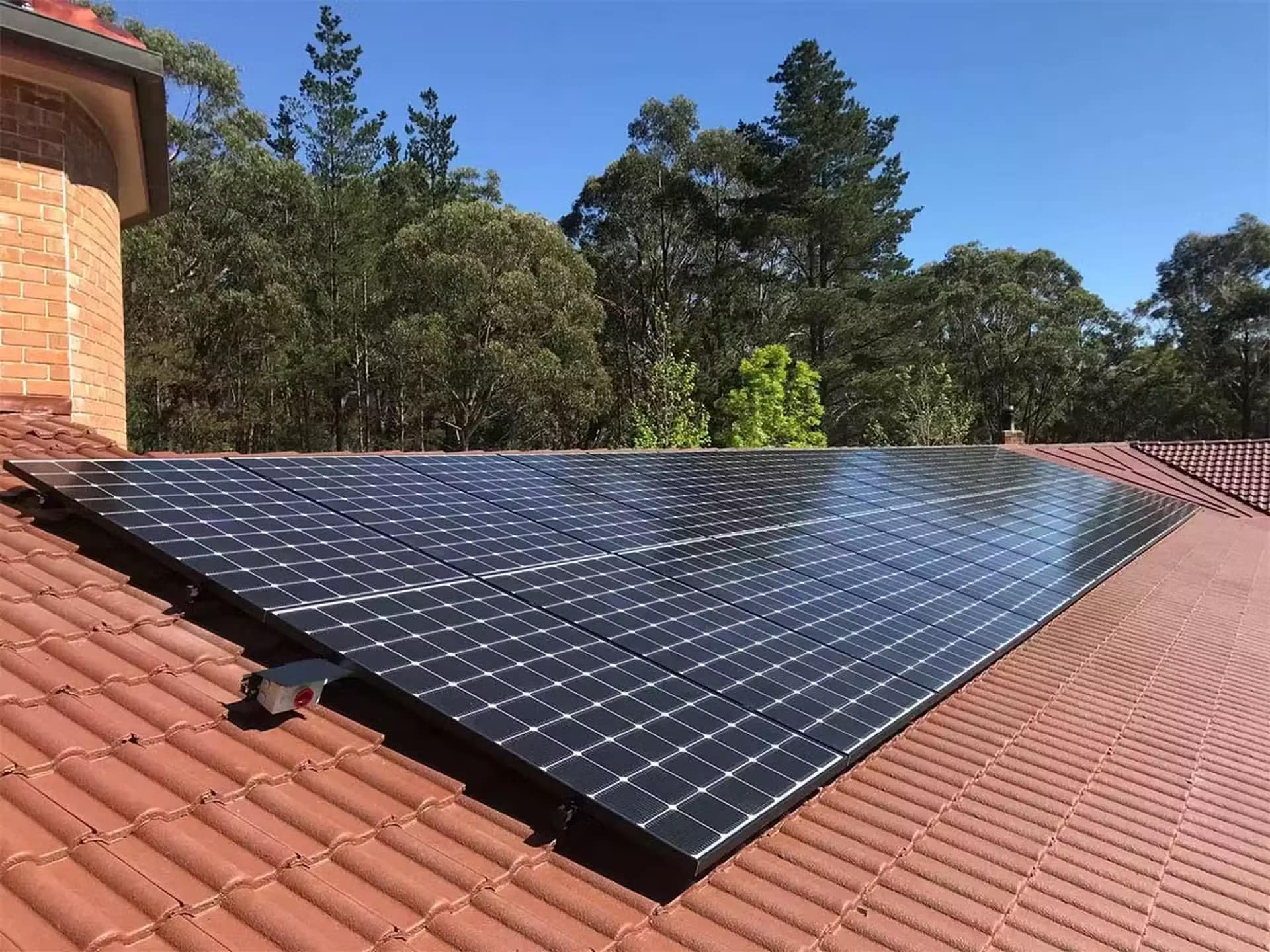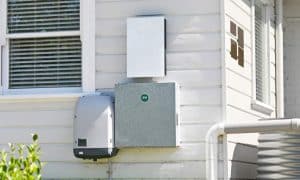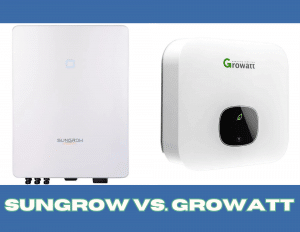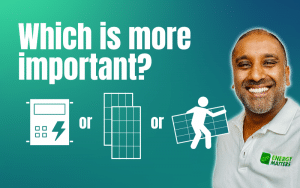The adoption of solar energy in Australia is rapid and widespread. Microinverters are among the technologies gaining traction today as they change how solar power is harnessed and used. Let us explore the benefits of microinverters so you can better understand their role in maximising efficiency and return on investment.
Enhanced performance and efficiency
Microinverters are used and known for their ability to optimise the performance and efficiency of solar energy systems. Unlike traditional string inverters, microinverters operate independently at the panel level. Therefore, this means that even if one panel is shaded or experiencing reduced output, the entire system’s performance is not compromised.
Microinverters harness the power of every solar panel, ensuring that the system operates at its peak efficiency under varying conditions. This is beneficial for the nation, considering its diverse climate, where conditions can change rapidly.
Individual panel monitoring and optimisation
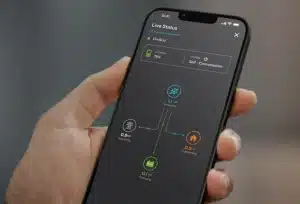
Microinverters can monitor and track the performance of each solar panel in a system. They offer granular insights into each panel’s output, ensuring optimal performance at all times. This allows microinverters to detect and address issues right away.
Safety and durability
Microinverters reduce the risk of fire and electrical hazards in solar energy systems. They operate at the panel level, converting DC to AC power where it’s generated. This decentralised approach minimises the risk of system-wide failures and ensures that any issues are isolated to individual panels.
Additionally, the design of microinverters reduces the risk of arc faults and electrical fires, as there is no high-voltage DC wiring running through the systems. This enhances the system’s safety during normal operation and provides peace of mind to homeowners and businesses, especially in areas prone to bushfires or other environmental hazards.
They also offer superior durability and can withstand extreme temperatures and humidity levels, ensuring reliable operation even in challenging environments.
Flexibility and scalability
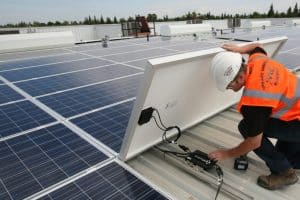
Microinverters can help customise system layouts to fit the specific characteristics of each installation site. Solar systems can be designed with panels facing different directions, tilted at various angles, or even installed in partial shading conditions without sacrificing overall system performance.
Since microinverters are modular, they are also highly scalable. They can easily be expanded or modified by simply adding more panels. This allows homeowners and businesses to start with a small system size and gradually increase their solar capacity over time, aligning with their energy needs and budget.
Microinverters are well-suited for residential and commercial applications with varying roof layouts. Whether it’s a complex roof shape, limited space, or aesthetic considerations, microinverters offer the flexibility to design solar systems that maximise energy production while seamlessly integrating with the existing architecture. They are also compatible with a wide range of panel types and brands, allowing system designers and installers to choose the best components for each project.
Maximising return on investment
The enhanced performance and efficiency of microinverters translate directly into higher energy yields over the solar system’s lifetime. By optimising energy production and minimising power losses due to shading or panel mismatch issues, microinverters ensure that every kilowatt-hour of solar energy generated contributes to greater savings on electricity bills. This increased energy production leads to a shorter payback period and higher overall ROI for the initial investment in the solar system.
Also, microinverters’ safety and durability features help reduce long-term maintenance costs and mitigate the risk of unexpected system failures. With fewer moving parts and a decentralised design, microinverters require less frequent servicing and maintenance, which results in additional cost savings over the solar system’s lifespan.
Microinverters are a transformative technology in Australia’s solar energy landscape, offering unparalleled efficiency, safety, and flexibility benefits. Operating at the panel level ensures optimal performance under diverse conditions, mitigating issues like shading and mismatch. Their ability to monitor individual panels enhances reliability, while safety features reduce fire risk and electrical hazards.
As Australia continues its renewable energy transition, microinverters play a vital role in maximising the potential of solar power for homeowners and businesses alike, paving the way for a more sustainable future.
Energy Matters has been in the solar industry since 2005 and has helped over 40,000 Australian households in their journey to energy independence.
Complete our quick Solar Quote Quiz to receive up to 3 FREE solar quotes from trusted local installers – it’ll only take you a few minutes and is completely obligation-free.









